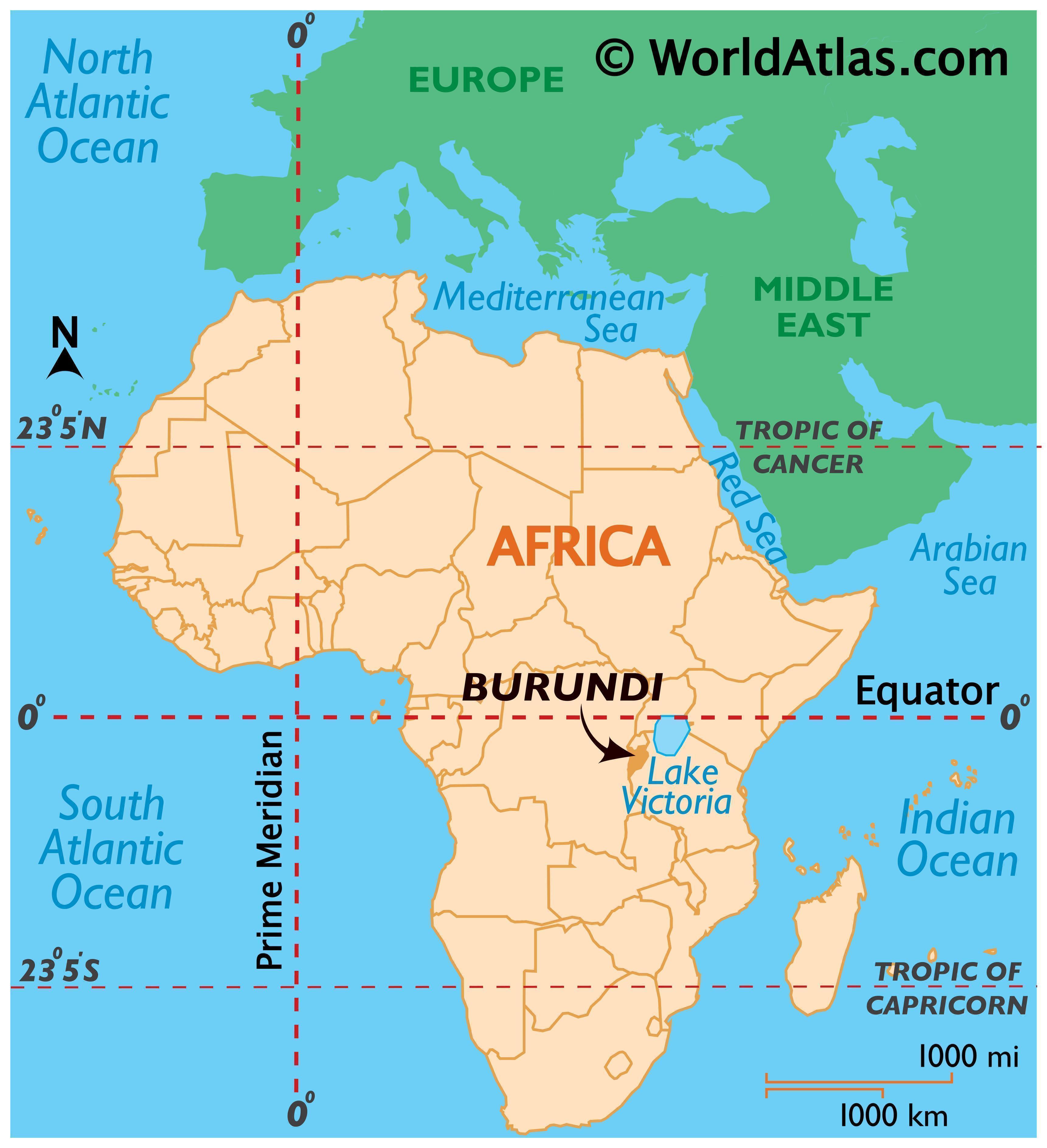So, just to give a little background, we are here as part of a travel study course through Widener University, which I have been co-teaching with Linda Houser, who also runs the PhD program at Widener. The travel study is focused on transitional justice, which is a framework for countries moving from wartime to peacetime, dictatorship to democracy, or some other form of chaos to stability. It's main objective is to address human rights abuses and mass atrocities through judicial proceedings, truth telling, institutional reform, and reparations. If you are interested in learning more, you can visit the International Center for Transitional Justice's website.
 |
| Outside of the Human Rights Watch Office |
 |
| Waiting for the meeting to begin |
With this in mind, you'd understand why we would visit Human Rights Watch. We were lucky enough to spend a little over an hour meeting with their researchers working on Kenya and Burundi and what an educational experience this was. In terms of Kenya, we were interested in how the country is managing the recommendations from the Truth, Justice, and Reconciliation Commission's report, made public in 2013.
According to the researcher, the challenge has been getting the government to acknowledge the report and its contents, because it implicates the current president, Uhuru Kenyatta, as well as Kenya's first president and father of current president, Jomo Kenyatta. The report was supposed to go to Parliament where a law would be passed calling for implementation of it's recommendations, but that has not yet happened and HRW feels that it will be a long time before that time is reached. The major concerns of HRW at this time revolve around extrajudicial killings and disappearances in the Northeastern area of Kenya. This is the border area that Kenya shares with Somalia and concerns are high regarding terrorism and other activity by Al-Shabab.
As you can imagine, the situation is challenging for Kenya. They have been providing refuge to thousands of Somalis for two decades, most of whom are innocent people, but there's no scanner for terrorism and likely some of those seeking refuge in the camps are members of Al-Shabab or informants for them. The country must balance a concerns for human rights with security for their country. This has led to some members of the government and military taking matters into their own hands and disappearing people suspected of terrorism. HRW has collected stories from many people held and tortured who were victims of mistaken identity that now suffer permanent disabilities.
What was maybe even more impactful and what has really fueled my desire to write this post is the current climate in Burundi. As the researcher for Burundi explained, no one cares about Burundi. No one knows where Burundi is. No one has economic investments in Burundi and no one depends on Burundi for services. This has left the people of Burundi in dire straights. The President of Burundi was a member of the rebel forces before taking office and likely has a long history of violence and human rights abuses. Opposition arose and in April of last year began to bubble over with instances of tit for tat violence. In May there was a failed coup d'etat and bodies began showing up on the streets of Burundi, people started to disappear, and hundreds have been tortured beyond what any of us could imagine.
 |
| A map for reference |
 |
| Sitting around the table with researchers from Human Rights Watch |
Our second visit of the day was to the National Gender and Equality Commission, which is a mandate through the 2010 Constitution and provides oversight and assistance to organizations seeking to meet the requirements of the government for services to women, children, the elderly, disabled, and marginalized populations. A great deal of our discussion focused on gender based violence and the efforts of this commission to ensure that men, women, and children have access to the services they need to report their situations and seek medical and psychosocial supports.
One of the gentlemen we met with was an attorney in the legal department and he was excellent about explaining the different articles of the Constitution and which efforts were laid out in which parts of the Constitution. Another program director, focused on the elderly and disabled, discussed the cash transfer system in Kenya. He said they borrowed heavily from the US social security model, but instead of being universal, their funds are targeted to the most in need, both financially and physically.
 |
| Learning from the program directors of the National Gender and Equality Commission |
 |
| Group photo! |

No comments:
Post a Comment